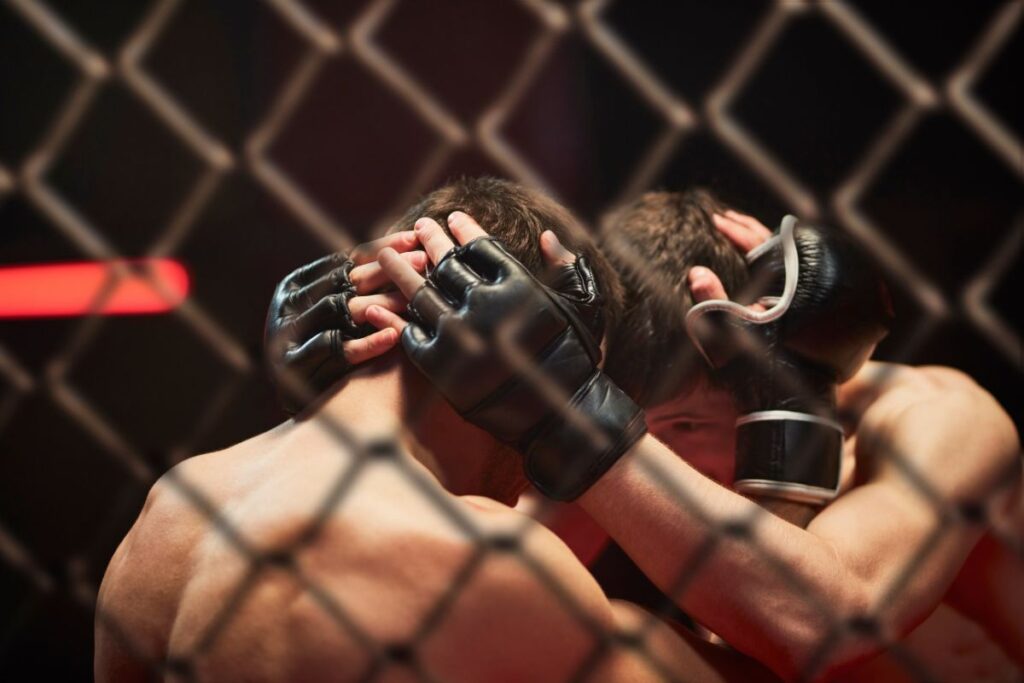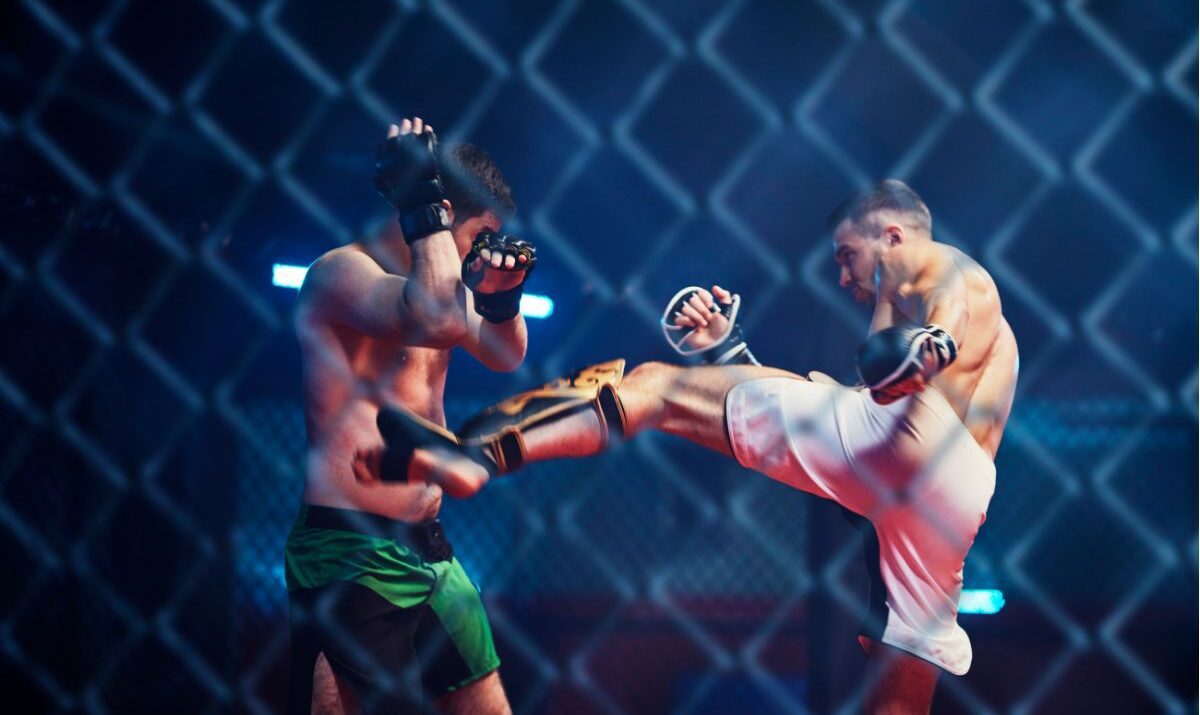Forget Dana White and the Fertitta brothers. The Professional Fighters League (PFL) is charting its own course in the world of mixed martial arts, and its ownership structure is as unorthodox as its season-based format. So who owns PFL?
The UFC reigns supreme, but then there’s PFL’s unique model, which features regular seasons, playoffs, and million-dollar championship payouts. Any observer could tell that the PFL fighter roster was attracting the attention of financial advisors, and investors, from some surprising corners.
Who Owns PFL: From World Series to Regular Season
The answer to the question of who owns PFL and the whole PFL’s story begins in 2017 with venture capitalist Donn Davis, a man with a knack for building innovative digital media companies. He saw potential in the struggling World Series of Fighting (WSOF) and, with a team of investors, acquired it, restructuring it into the PFL we know today.
“We wanted to create a league, not just a promotion,” Davis explains. “A system where fighters compete in a fair, season-long format, culminating in a championship that truly rewards the best.”
The Surprise Factor of Who Owns PFL: Hip-Hop, Media Titans, and More
But who are the minds behind this audacious vision? Prepare for some surprises. Alongside Davis sits a diverse group of investors, each bringing their own expertise and influence.
Music and Entertainment

Wiz Khalifa, the Grammy-nominated rapper, throws a left hook with a minority stake in the PFL. “MMA embodies that hustle, that grind, that never-give-up spirit,” Khalifa says. “PFL is giving fighters a platform, a chance to earn life-changing money, and that’s something I can get behind.”
Sports and Media part in Who Owns PFL Question
MMAX Investment Partners, a consortium with sports and media savvy, brings strategic know-how to the table. Their partnership with MMA personality Ariel Helwani, known for his podcast “The MMA Hour,” adds a layer of fan engagement and industry credibility.
Business Titans
But the roster doesn’t stop there. Business titans like Ted Leonsis (Monumental Sports & Entertainment) and Kevin Hart (comedian and entrepreneur) add financial muscle and cultural cachet.
It’s also reported that Saudi Arabia invested a noteworthy sum north of $100 million in the league. The purchase was made by its sovereign wealth fund’s new vehicle, SRJ Sports Investments.
The PFL has strong financial backing from Luxor Capital, Waverley Capital, and Aries, in addition to several major sports team owners.
Beyond the Octagon: A Financial Knockout?

The PFL’s unique ownership structure isn’t just a novelty act and it presents a compelling financial proposition.
“Unlike the single-champion model, PFL’s format guarantees fighters multiple fights per year, increasing sponsorship opportunities and broadcast revenue,” explains Mark Leschly, a managing partner at Iconica Partners and PFL investor.
This diverse ownership also opens doors to untapped demographics. Wiz Khalifa’s involvement, for instance, bridges the gap between hip-hop culture and the MMA fanbase.
Challenges and the Road Ahead
Despite its potential, PFL faces challenges. Aligning the interests of such a diverse ownership group can be tricky, and navigating the competitive landscape dominated by the UFC will require strategic maneuvering.
“The key is staying true to our vision,” says Donn Davis. “We’re building a league for the fighters, for the fans, for a new generation of MMA. And with the right team in the corners, I believe we can deliver the knockout blow.”
PFL’s ownership structure stands in stark contrast to the centralized control of the UFC. While the latter remains a dominant force, PFL’s decentralized approach offers a glimpse into a potentially more equitable and fan-centric future for MMA.
More articles related to this topic: Who Owns Jersey Mike’s and Who Owns B.R. Jones Roofing Co










